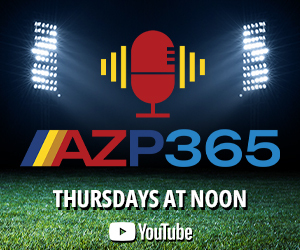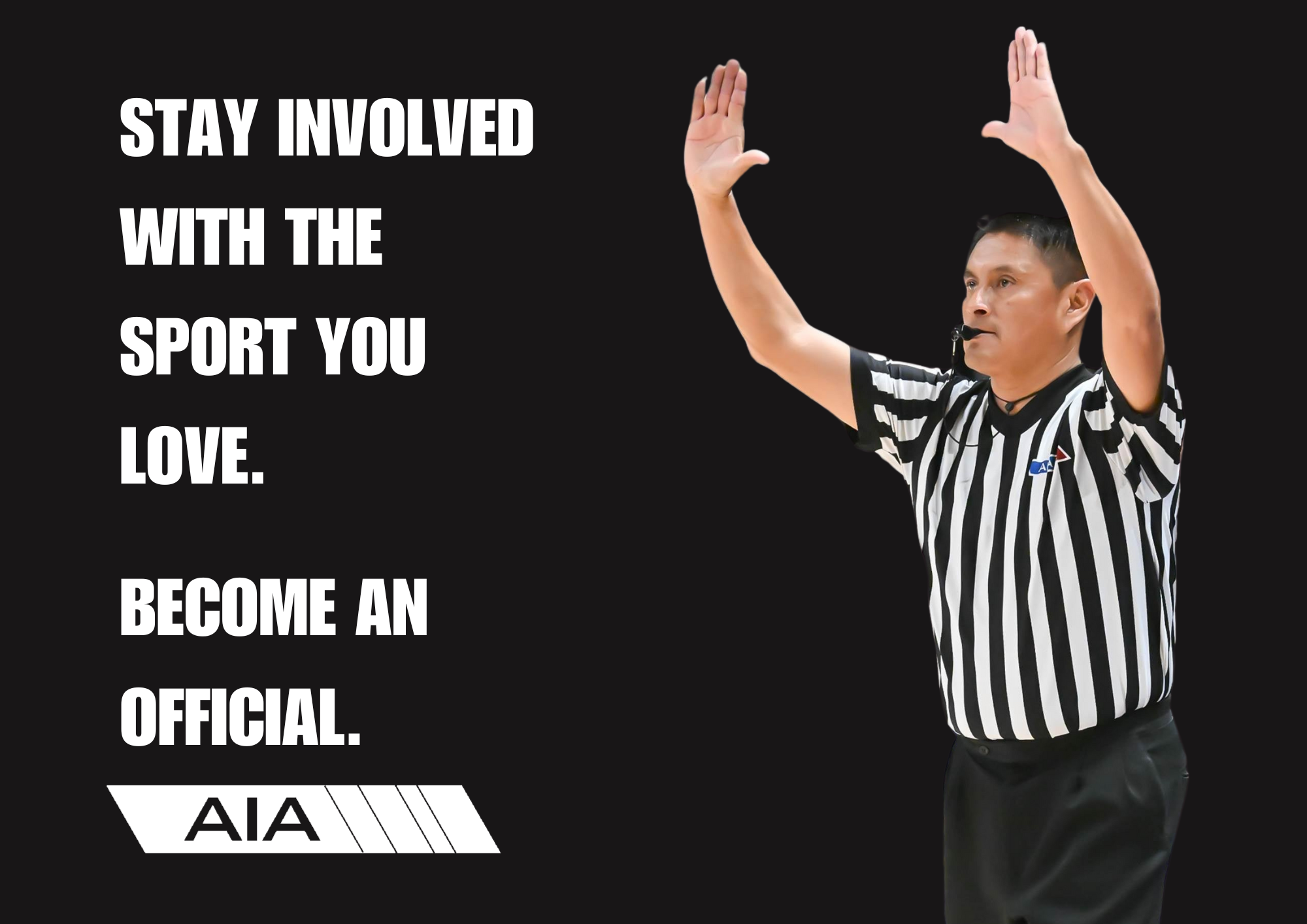Washington football: Running back Dominick Sanders on overcoming a dislocated elbow
November 18, 2019 by Alina Nelson, Arizona State University

The threat of injury is a reality many athletes know well, and in a contact sport like football, the risk increases. It can be devastating for an athlete when a major injury surfaces.
For Washington Rams running back and cornerback Dominick Sanders, football is his reason for going to school, so when a dislocated elbow left him off of the field for five games, it was exceptionally difficult. He turned his focus to staying in shape in hopes he could return to the game this season.
Sanders sustained his injury in the Rams’ Sept. 13 game against the Moon Valley Rockets. He was running the ball when the Rockets’ defensive end got around Rams tackle Mikias Sima on the left side, forcing Sanders to switch directions.
“I was trying to get around the [defensive end],” Sanders said. “I smacked his arm, then I was trying to cut upfield and fell right into my right arm trying to catch myself.
“I knew I dislocated it when I landed on it. It looked too gross. I couldn’t even move it.”
Sanders said he felt that this was coming based on the pressure he was under. While he didn’t know what it would be, he was convinced “something was going to come and knock it all off,” and believes he jinxed himself into getting his first major injury.
With the two-way starter out for the foreseeable future, the Rams were left in a tough spot. Head coach Tim Mayfield said Sanders’ backup was “a rotating door of people,” both on offense and defense.
In Sanders’ absence, the team had a 1-3 record.
“It was a whole different vibe on defense,” wide receiver and cornerback Booker Sanders said. “He is one of our main defensive pieces in stopping the running game, and we played against teams that had good running games. With him out, against those type of games, it was really hard.”
With Dominick Sanders out, the rest of the team had to rise to the challenge.
“Our team doesn’t really have a lot of players,” guard and defensive tackle Carlos Castillo said. “Sometimes you can’t avoid injuries. Sometimes this happens. It’s part of the game, but we just have to play smart and do our job.”
Unable to work out in the weight room with the team, Dominick Sanders focused on physical therapy and building the strength back in his elbow. He incorporated exercises into his at-home workout routine that forced him to extend his elbow, such as curls, triceps dips and pushups.
Even after being cleared to return to the weight room, he is still focused on strengthening the joint and working on extension since he can’t fully straighten his arm yet.
The injury also comes with its own set of mental challenges.
Dominick Sanders said that for the first few days following his injury, he was emotional about not being able to play. It was hard to see his friends participate at practice knowing he couldn’t join them, so he opted to stay home and focus on his recovery.
Since the weight room was out of the question, he aimed to improve his running game. The hardest part for him was watching his team lose and being stuck on the sidelines not able to help.
When the injury first occurred, the concern was whether he would be out for the rest of the season. But, after six weeks of recovery, Dominick Sanders made his comeback.
He returned for the Oct. 25 home game against the Combs Coyotes.
Despite being out for a little over a month, he proved he hadn’t lost his touch, finishing the game with 100 receiving yards and one touchdown.
Booker Sanders, whose primary focus as a wide receiver is on passing plays rather than rushing, is glad to have Dominick Sanders back since it takes pressure off of him to run the ball.
The fear of reinjury can often linger for athletes, but the running back isn’t too concerned with that.
“If you worry about injury, you are more likely to get one,” Dominick Sanders said. “If you play 100 percent, you won’t get injured. That’s what my coach told me. Full speed, you won’t get hurt.”



